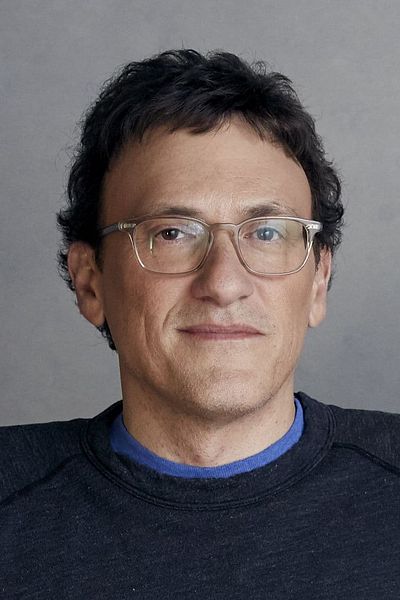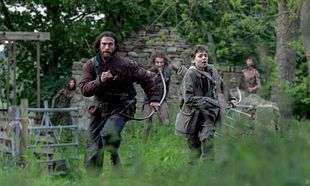Longform storytelling is only a recent experiment in film; the idea of stories tied to one another over not just one or two films, or even a trilogy, but an entire series that connect through the telling.
While it might be given a somewhat derisive title of franchises or expanded universes, it's really one story being told over an entire series. Marvel's experiment began with Iron Man back in 2008 and eight years later, we're now twelve films on and the story has grown ever more complex with a wide range of characters and story arcs. Captain America: Civil War follows on from Avengers: Age of Ultron and sees the titular character (Chris Evans) still trying to run the line between his own set of morals and the wider concerns of those around him. The film opens with a botched mission to take down an enemy, which results in the deaths of innocent civilians. The collateral damage from this mission is the straw that breaks the camel's back, with the United Nations - embodied by US Secretary of State Ross (William Hurt) - demanding that the Avengers drastically limit their powers to clearly-specified incursions that meet the UN's criteria.
The Civil War title is something of a misnomer, as it's not really about the divide between the Avengers as it is a split between Captain America and Tony Stark (Robert Downey, Jr.) That rift begins as a disagreement over the UN's mandate, which Stark believes is necessary to curb their collateral damage and give them legitimacy. Captain America, meanwhile, believes that the United Nations is run by people and people can be corrupted. That, of course, is the broad strokes and the film deals with the difference of viewpoints incredibly well. But apart from all these lofty, ideological points and counterpoints, it's brought down to a human, emotional level in the form of the Winter Soldier (Sebastian Stan), who is being hunted by the UN for war crimes.
There's a huge cast at work here; Robert Downey Jr., Chris Evans, Scarlett Johansson, Elisabeth Olsen, Paul Bettany, Anthony Mackie, William Hurt, Daniel Bruhl, Chadwick Boseman, Sebastian Stan, Emily VanCamp and smaller roles filled out by Martin Freeman, Frank Grillo and, of course, Tom Holland as Spider-Man. All these moving parts and such a complex story should feel chaotic. Indeed, that amount of starpower in one film should mean that someone gets more screentime than the other. Amazingly, it all blends together seamlessly. When the story moves to Downey Jr. and his cohort, every character is given sufficient time to develop themselves and likewise for Evans and his team. Downey Jr. is more serious as Stark than he has been in some time, giving a believable performance as someone who's doing his best to make things right. Evans, meanwhile, gives a surprisingly impassioned performance and gives Captain America a certain fragility that's unexpected. When he turns against those closest to him to protect what's nearest to him, we believe it. Meanwhile, Chadwick Boseman as T'Challa steals the show throughout. Almost like a Terminator, Boseman's character is cold-blood and ruthless and his reasons for being so are made perfectly clear. Again, we believe it and we believe him.
That's what Civil War is; it's a credible, believable story that should be anything but. When the motivations are laid bare towards the centre of the film, it holds up. We can understand it because we have the benefit of both accurate, articulate storytelling in this film and the wider context of what has come before. When pieced together as a tapestry, it gives it tremendous depth. That's not to say that you need to go into the cinema with an encyclopedic knowledge of who's who, but there's a sense that the characters are well-worn by the actors and the emotional beats feel earned. What's more, it could all so easily slip away. There's multiple opportunities for the entire film to get lost up in itself and resort to nods and winks to the audience or superfluous exposition.
Anthony and Joe Russo deserve a huge credit for pulling it all off and keeping the film within the lines. The screenplay, as well, keeps things moving and the flashes of warmth and humour are needed in a story that, again, has every opportunity to lose itself to moroseness. The action sequences aren't hastily forced together to keep the breakneck speed up and the film, with a running time of 147 minutes, is capable of parking the action and letting the story and characters breathe. Thus, when the action does kick off, it makes sense and there's a reason behind it - instead of just meeting a quota for CGI bust-ups. The finale, as well, doesn't have to resort to scenery-destroying action to get the point across and the visuals are more painted and textured than anything you're likely to see in a comic-book film.
Easily the best Marvel movie to date and another example of how entertaining blockbusters can be thoughtful and emotional in equal measure.



















































































